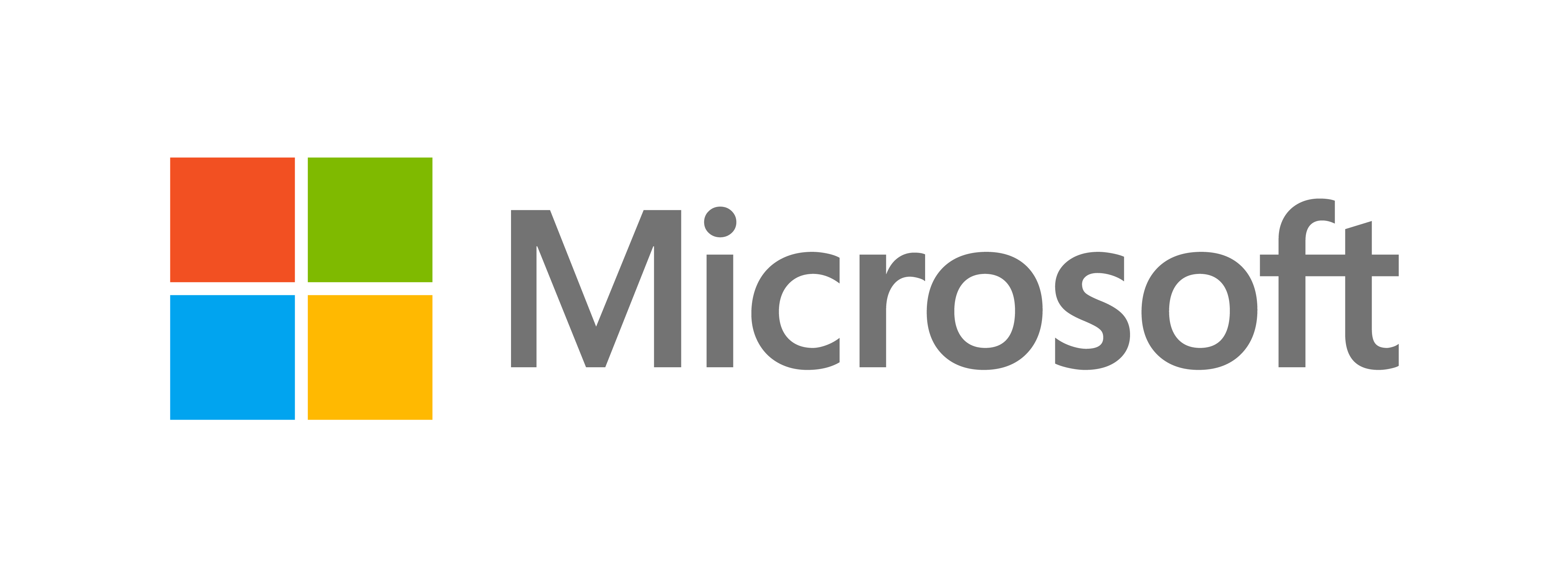Hackers who stole data and images of children from Kido Schools have removed the material from the darknet and claimed to delete it. The group, calling itself Radiant, had demanded a £600,000 Bitcoin ransom, but Kido did not pay.
Radiant initially blurred the photos but kept the data online before later removing all content and issuing an apology. Experts remain sceptical, warning that cybercriminals often claim to delete stolen data while secretly keeping or selling it.
The breach exposed details of around 8,000 children and their families, sparking widespread outrage. Cybersecurity experts described the extortion attempt as a ‘new low’ for hackers and said Radiant likely backtracked due to public pressure.
Radiant said it accessed Kido’s systems by buying entry from an ‘initial access broker’ and then stealing data from accounts linked to Famly, an early years education platform. The Famly told the BBC its infrastructure was not compromised.
Kido confirmed the incident and stated that they are working with external specialists and authorities. With no ransom paid and Radiant abandoning its attempt, the hackers appear to have lost money on the operation.
Would you like to learn more about AI, tech, and digital diplomacy? If so, ask our Diplo chatbot!










